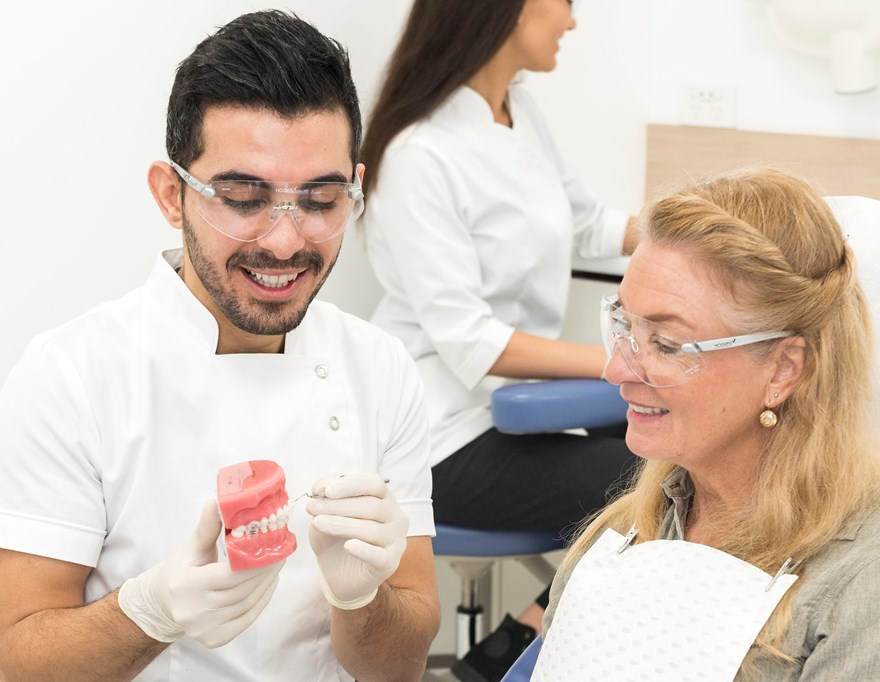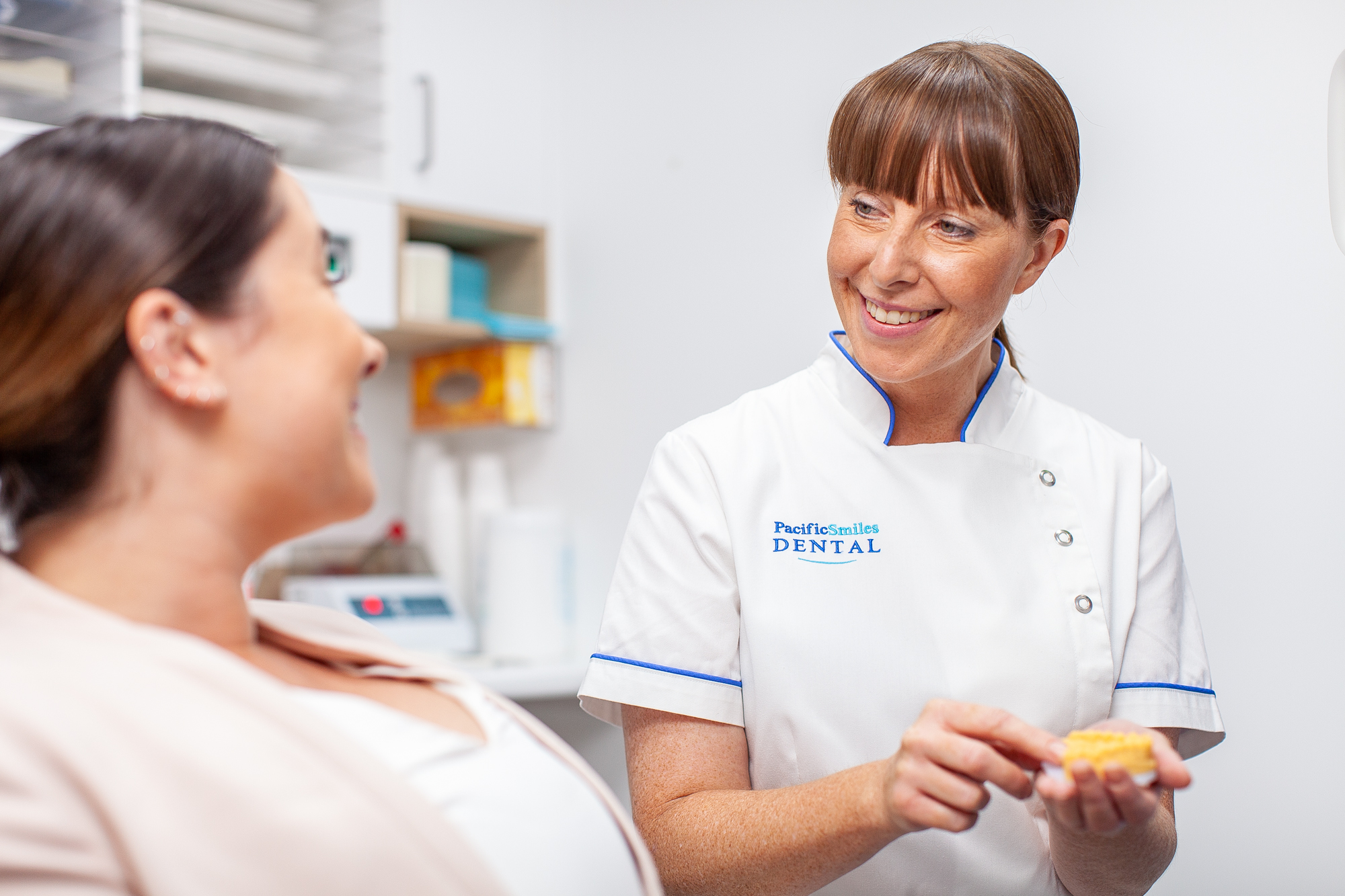 21 September 2022
21 September 2022
Does the thought of seeing the dentist lead to sweaty palms and butterflies in your tummy?
There are plenty of fears people are afflicted by that are relatively easy to manage. If you’re afraid of heights, or feel nervous around spiders, you can stay on ground level and avoid spider webs, and your general health should remain unaffected. But if you suffer from a fear of the dentist, while you can avoid your local dental centre you may be doing your teeth and your health, a massive disservice. Regular check-ups are essential for maintaining clean teeth, healthy gums and fresh breath, and research indicates that chronically anxious patients who avoid the dentist, have teeth that are generally worse off as a result[1]. The good news? Sleep Dentistry is an option for those who find the idea of having their teeth treated, an overwhelming experience.
What is sleep dentistry?
The short answer is that it’s exactly as it sounds – your dentist treats you while you sleep. It may sound like an extreme way to go about having a filling or tooth extraction, but for the approximately 1 in 6 Australian[2] adults who suffer from a fear of the dentist, it may be the only way they can effectively get the required dental care.
What’s involved?
Patients can choose to either sleep soundly through their dental treatment in hospital while under general anaesthetic, or experience a drowsy dream like state of deep relaxation via intravenous sedation in the dental centre. Either way, you can rest assured that you’ll be treated by experienced dentists, anaesthetists/or doctors with training in sedation, for your treatment. When you’re fully awake you can celebrate the fact that you’ve overcome your fear and achieved something positive for your teeth.
What’s the difference between general anaesthetic and sedation?
During a general anaesthetic, you’ll be completely asleep (in hospital) during your entire dental treatment. You’ll be unaware of the sights, smells and sounds of your treatment, easing fear, anxiety and discomfort. You won’t even hear (or feel) the drill.
With intravenous sedation (in-centre), once the intravenous medications have been administered, although awake, you’ll drift into an almost sleep like state of deep relaxation, removing anxiety and discomfort.
Where to from here?
If you’re considering undergoing sleep dentistry, you’ll have a consultation with your dentist first where you’ll be given a full dental check-up including diagnostic x-rays and an appropriate treatment plan for your individual needs. Prior to the procedure you will also have a consultation with an anaesthetist (or doctor with training in sedation), to ensure you’re medically fit and suitable for sleep dentistry. Arrangements will then be made with the hospital – or your dental centre – to arrange your treatment appointment.
How long does it take?
Generally speaking, most dental patients are admitted as day patients and ordinarily discharged within two-four hours of their procedure. Meaning? Before you know it, you’ll be up, awake and back home with your dental procedures complete.
Learn more about sleep dentistry and find your nearest centre and make an appointment today. With numerous locations offering a comprehensive range of services, you’ll find the exceptional care and expertise you deserve.
[1] https://www.ncbi.nlm.nih.gov/pmc/articles/PMC5020232/
[2] https://www.adelaide.edu.au/arcpoh/dperu/special/dfa/Dental_Fear_Professional.pdf





